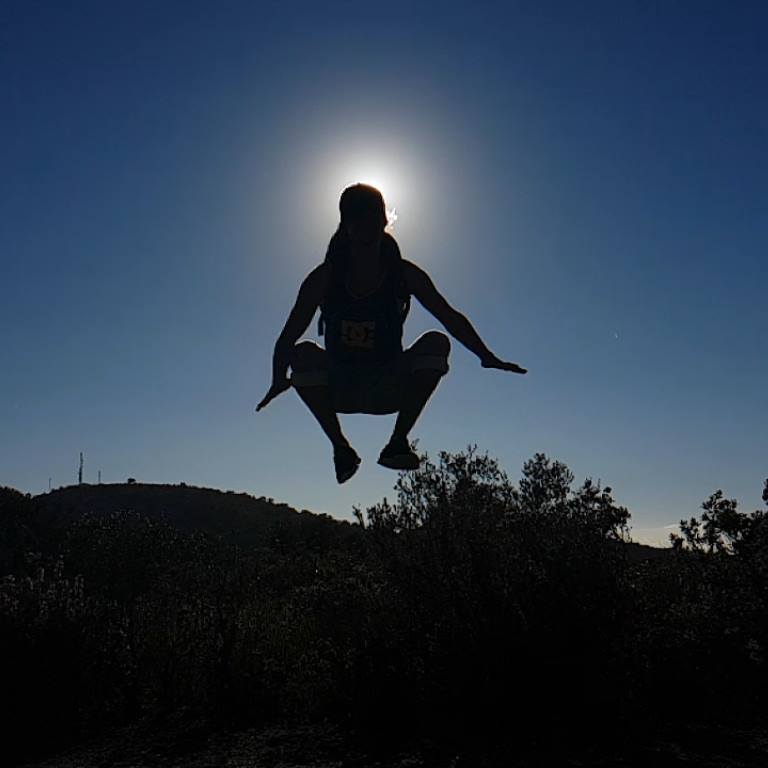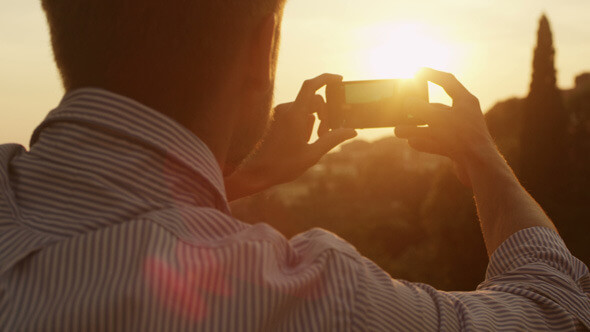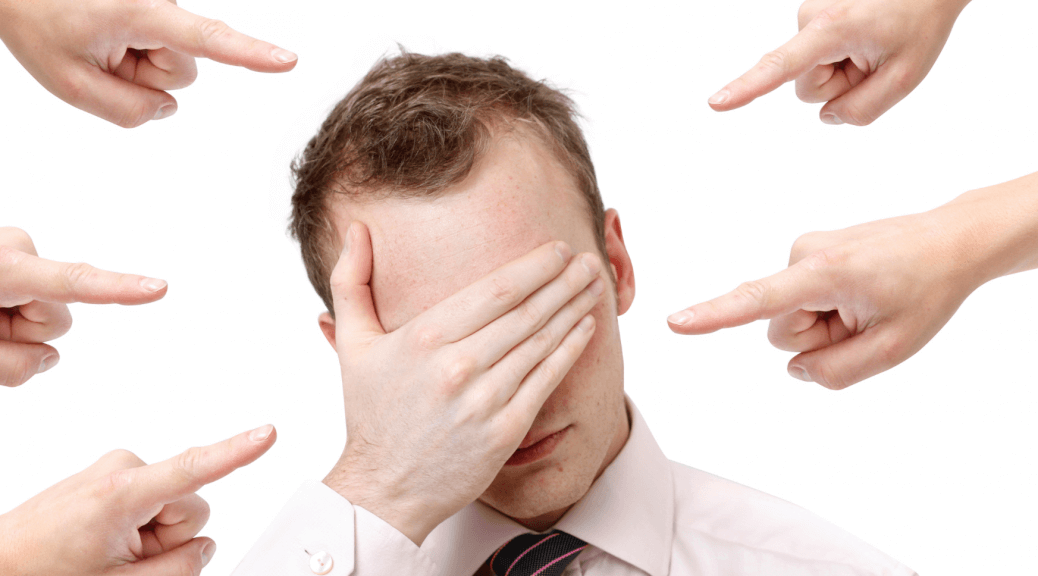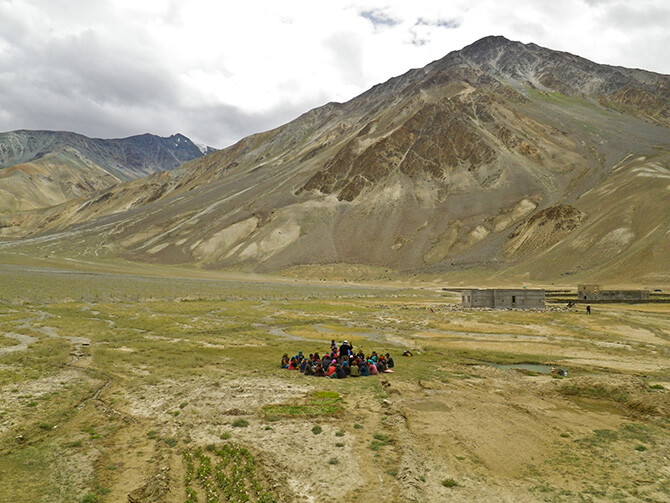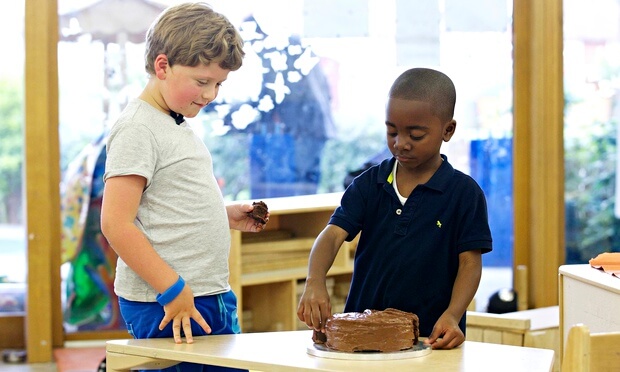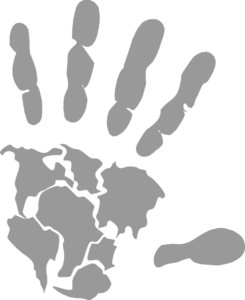
Dealing with ‘fake’ news.
Someone sent me this question last night via TROM FAQ: “What can we do, individually, to better distinguish factual news from fake news?” But becuase the answer is quite long, I’ll post it here as a blog post.
I will touch upon this topic in more detail in a future TROM ebook, but here are a few important points based on my experience with news/information lately. So, think about this question: “Is language itself (grammar) influencing the way people think?‘. This is a simple question that you may want to find the “real” answer for. The question does not seem controversial, but how can you go about answering it? This is how I answered it and what taught me about ‘fake’, or unreal news.
I came across the idea that language influences thought and to me it made sense so I immediately accepted it. I was like “Yeah, makes sense.” That was a quick answer based on my knowledge. Any article I’ve read or seen about this topic that confirmed my views I registered it as “proof” that my thoughts about this were correct. The ones dismissing this notion I rarely got to see because I wasn’t looking for that. You may call this a “confirmation bias”.
Later on in life I started a TROM ebook on language and I had to focus more on the topic, so I started to learn about language. After months of learning what language is, how it works, etc., I realized that with so many differences between languages we should see a huge difference between ways of thinking if language were to influence thought, but there doesn’t seem to be any differences. Chinese (any dialect) and English are totally different languages, but can we see a lot of difference between Chinese people and let’s say Americans in ways of thinking? No. So I started to deduce, again, based on my updated knowledge that this idea might not be right.
I said that in order to properly answer that question I have to go straight to the science, to the source, and I started to read scientific research that was looking at answering this exact question. What else can be more valid than going straight to the source, to the science, to the research? Well, the first thing that I realized was that there is a lot of scientific research that implies that “language influences thought”. Many experiments from different sources pointed to that. The second thing that I realized was that the articles and videos I’ve been digesting on this topic were misrepresenting these scientific papers. As an example, BBC (respectable source of science to me) presented in one of their documentaries an experiment that ‘seemed’ to prove how language indeed influences the way we see the world.
After my ‘investigation’ and reading the actual study that the BBC relied upon presenting their claims, I realized how much misinformation the BBC presented in that documentary. Basically, they exaggerated most of it. And I got fooled by that thinking it was BBC, so they must have presented the experiment in an honest way. They didn’t. Basically, if you were to have seen that BBC documentary where they presented how “language influences thoughts” you would easily get fooled by that. This taught me that when you read a summary of an actual scientific research, you will at best read someone else’s interpretation of that study/experiment. And don’t forget that those who summarize (news outlets, blog posts, documentaries, books, videos on youtube, whatever) will want to maximize their profits and therefore engage in click-baiting summaries (misleading summaries). Therefore I learned that going to the source is a must if you really want to know if something is true or not. Summaries will never do justice to any research.
So that’s it, right? I first learned that knowing very little about a subject you are unable to tell if what you read about that subject is true or not, and you may be inclined to only listen and be interested in things that confirm your worldviews. Second I learned that the more you know about a subject, the better your dissection of that subject – you can ask more relevant questions, you can sniff some ‘fake’ stuff when you read it, and so forth. And third I learned that you have to go to the source of information – if you don’t do that then you can at best read someone else’s opinion on the subject.
I wish this was all. But after learning about language and reading the scientific research of “language and thought”, because of my relevant questions and skepticism (based on what I’ve learned about language) I started to get across other scientific research that contradicted that language influences thought. To read the source is not enough, I learned. That’s the point. You also have to have the knowledge to ask relevant questions about the topic you are researching and then read criticism of the research from other direct sources. For example, the research papers I was reading that contradicted the idea that “language influences thought” pointed to very relevant holes in the other research like: the number of people studied was too small; the interpretation was not correct; there was no reproducibility; and so on. So all of the “respectable” sources that
I’ve read previously who pointed that language influences thought, lacked the scientific basis to be relevant. Lacked reproducibility, lacked a relevant huge number of participants, lacked ways to extract relevant meaning from the research. To make it simple: if you go to a tribe that has 3 times more names for shades of red than in the English language, and do an experiment with 20 people from that tribe, and 20 from American culture, to see if indeed language influences the way we think or see the world, then you need to reproduce this study and add in a lot more participants. Whatever you find out from your little experiment is not valid unless you add in more participants and also try to replicate the study + other important details. 20 people cannot be representative of anything.
And so, after all that journey, I got to understand that there is absolutely no evidence that language is influencing the way we think. It can’t. There is no scientific research to showcase that.
To summarize:
The first important thing is TO KNOW. If you don’t know much about how our bodies work, how medicine works, how treatments work, and so forth, then you can’t judge anything you read from healthcare research. At most you may read an article or watch a video that confirms your worldviews (whatever the subject), and feel satisfied with that. But also, if you read the criticism (the opposition to that) you will either ignore it or for sure you’ll be unable to understand it (how can you understand someone criticizing that “language influences thought” if you know so little about the subject itself – language!?).
Second important thing is to realize that whenever you read anything BUT the scientific research, then you’ll read a biased view of that research. You will play the telephone game where the research says something and then the others hear it and project it forward in a mutated manner, then others get that mutation and mutate it forward, until in the end of it when you will read it on a news website, or in a book, and so on, in a form that is very difference from the actual study itself (where it all started). If a research states something, then some journalists read it and summarize it, then CNN or others take what those journalists summarized and summarize it further, then others take what CNN summarized from that summary and summarize it further….that’s not going to be representative of the actual research.
And third, you have to understand that even the scientific research itself is not enough. A scientific research can omit important aspects in the study, can present it as factual even if it is not replicated anywhere else, can mislead by what they interpret out of their findings, and so much more. Even more, many scientific studies are financed by companies so they may be indeed biased in what they present. Or you cannot even access most scientific research since it is behind paywalls or complicated language. So at least, when you read a scientific study, ask yourself what is the sample size (the smaller, the less relevant the study); was it reproduced and what were the results?; who financed this study?; and so on.
But if you are not familiar with a subject then you can’t go through any of these. For example, a doctor can pretty much spot the BS in scientific research if it is in his area of expertise. A doctor can ask: ok, but what are the side effects of this treatment? what about people over a certain age, can they get this treatment? how does this treatment compare to the other ones? and so on. These are questions that you and I can’t ask. We are also unable to measure the answers to these questions for the same reason: we don’t know enough from this area.
In a few words: this is fucking complicated and it depends on what you are looking at.
If it is a news from politics then how can you go to the source of any claim? The only thing you can do is to go back to who said something, or a personal testimony about something, and things like that (the start of the telephone game). But because the game started with basically people testifying things, then this can’t be relevant even if you hear it from the source. This can’t be called science. Therefore it depends on the nature of what you are trying to figure out. If it is a research (science) then at least there is an answer somewhere. If it is politics then I don’t think you can do much about it, so you are left with “trusting” whatever X or Y said. So choose your team…. Even polls that say people think this or that about this subject, it depends entirely how the question was asked for that poll. Numbers and studies masked as experiments can be truly misleading. Psychology and psychiatry suffer enormously from this kind of muddy research that can’t even be replicated most of the time.
The Solution.
It is 100% crazy to ask people to “go to the source” and “know a great deal about a particular subject before making up your mind about it”. The world is fucking complicated. So this is not a solution. The solution is “improve the summarizers”. These are the folks and organizations who have the time and expertise to go through the source of information and summarize it for the rest. And if these creatures are experts in the fields they summarize from, then even better. And if they are also working for an organization that makes no profit out of their work, then even more trustful.
An example is HealthNewsReview. A non-profit organization that keeps an eye on health news. They have hired a bunch of doctors and journalists whose sole job is to go after the source of important health news and ask educated questions. They break them down and showcase if and how media misrepresented the studies.
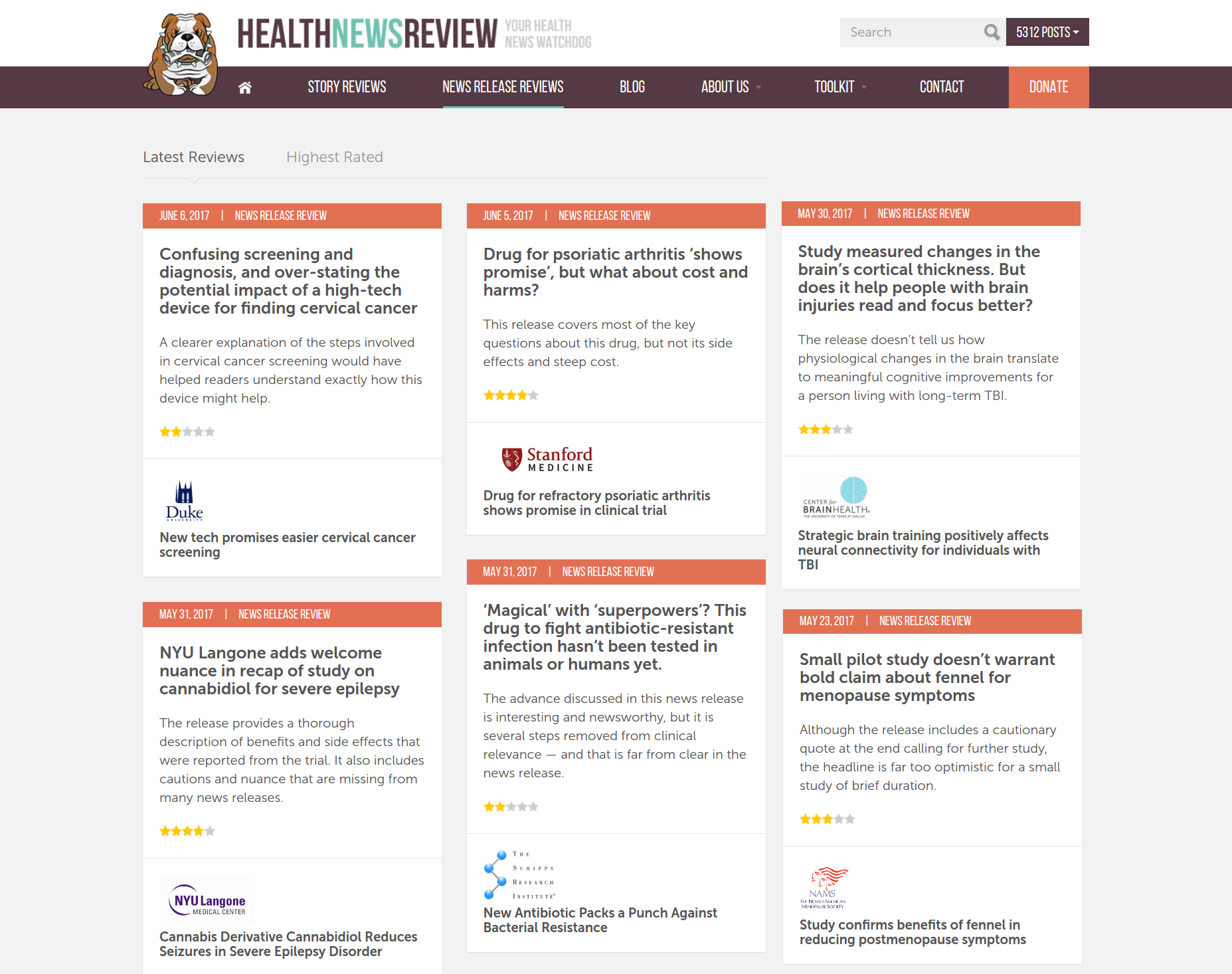
We need such groups of people for everything out there. Unfortunately, they are a few and very unpopular. The only reason they can survive is because of donations and their obsession with what they do. So we need a bunch of experts who can summarize scientific research and not be in the business of making money out of that. CNN, NYT, BBC, and mostly all news outlets out there are the exact opposite and their core focus (or at least a huge part of their focus) is to make money. This will lead to poor quality journalism research and exaggerated articles/documentaries/etc.. I find governmental sources way more trustful because they are in the business of informing (at least in theory). Like the National Health Institute in the UK has a section called “Behind the Headlines” where they break down health science news in a similar manner as HealthNewsReview does. UK Cancer Research does the same for cancer research.
But these watch-dogs are very few, underfunded, and don’t reach many people. The other ones, the barking-dogs, are so many and so well paid, and so motivated to present bullshit news just to make a buck. On top of that we have a population that knows very little about the world and has very little time (or interest) to learn more. The best that people can do, as I said, is to “trust” sources that summarize information for them, but since their options are mainly limited to corporations and for-profit entities, then it is hard to trust anyone. It is like picking a football team. Some may go with BBC, some with NYT, some with who knows what source. I am not saying these sources cannot be trusted, only that it is hard to trust them. Very!
It is the perfect storm, and it is all the fault of the trade-game we play.

People have all the reasons today to not go in depth on any subject. But they have reasons to present shallow, misleading and exaggerated information because they trade that for money (clicks equals profit). But also, today something weird happens: any moron can become a well-known summarizer because of google, facebook, and other sorting and filtering online tools that measure “goodness” (value) in terms of views or likes, or reactions. Morons put out there ‘bombastic’ news titles and article, or videos, and become more and more well known because of that. The other morons who give likes and shares are masturbating their confirmation bias with these materials, and together they become the shittiest summarizers our there, and the most popular ones. The world is full of these prostitutes that became so cheap that even the likes and shares do it for them. They don’t necessarily need money anymore, they only need likes and shares and they’ll post all the crap in the world for that. The bombastic, the simple minded, the exaggerated, are all working so damn well online, becoming so noisy that nothing of good value (which takes a long time to produce) can be heard. It is like the telephone game where the research says “neutrino” and at the other end comes up as “dick”. Some of these morons truly believe what they promote, so they are not about making a profit (money, likes, views) but because today matters what is popular (as I said more views equals more well known), then these honest morons get to so many other morons out there because what they present is simplistic and bombastic, spreading misinformation. They too are victims of the trade-based world where us, as a society, do not provide them with a proper education and proper opportunities so that they can grow scientific minds. These are the feral morons emerged out of a handicapped society. And they are not actually morons. They only reflect the culture they grew in.
Therefore we like it or not, we can’t all go through the difficulty of investigating claims out there, going to the source, and such, and so we have to choose who to trust. I’ll say experts who work for non-profit organizations are a great start.
I created TROMNews specifically for this reason, to curate news from trustful sources. It is not perfect at all, but for sure it is much better than anything you’ll find out there. Also, to get back to my question on language and thought – because I am helped financially by our readers I could spend more time researching that topic and because I make no money out of selling TROM ebooks I could be as non-biased as possible when presenting the summary of that I learned about language. I am a summarizer too, and the fact that I am a “not-for-profit” creature, then it makes me more trustful I would say. But I am not an expert in what I am presenting, so keep that in mind. Can’t tell you how many people sent me a ton of books to read about “language and thought” and even though I tried to give those a shot, this is not the kind of work I want to do for TROM: to read the summarized and then summarize that. So I went straight to the source of the subject I was writing about. And, as a last thing, don’t forget that I can also be wrong (of course), but at least I am less likely to be biased and the more financial support I get the more work I can put into making TROM as scientific as possible. I don’t need click bait titles, or exaggerated content because that’s not what I am selling. By contrary, doing that I will lose readers/supporters.
Look:
There is no simple answer to the question of how to distinguish fake news from ‘real’ news. The culprit is the society we live in as that’s what pushes people to engage in such behaviors of misleading (intentionally or not) others. If you can’t find someone to trust (a source that summarizes) then I’ll say whenever you hear anything: meat causes cancer; the earth is flat; exercise improve health; and so on, ask yourself where was that news coming from? It has to have a source. Where did the telephone game start? Find that source! Then learn about the subject and not the question. If you know a great deal about Earth or science in general (from gravity to paleontology, climate, astronomy, etc.) then you’ll ask relevant questions when you hear some saying the Earth is flat. If you are familiar with healthcare research then you know that it is never so simple as saying “this food causes this disease”; psychological experiments rarely imply causation; and so on.
Side note: These articles are so easy for me to make because I know a great deal about these subjects. In contrast, it takes me so long to make TROM ebooks (compared to blog posts) because there I am exploring subjects I know very little about and takes a lot of time to research for them. This article took me around 3-4 hours to make. A TROM ebook of the same length (which is super small compared to TROM ebooks) can take 3 days or 10 days, it depends.
